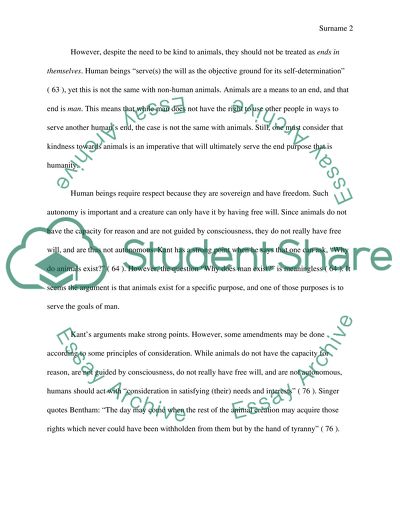Cite this document
(“Indirect Theories and Moral Equality Theories on Kindness to Non-Human Essay”, n.d.)
Retrieved from https://studentshare.org/environmental-studies/1482706-you-can-make-a-topic
Retrieved from https://studentshare.org/environmental-studies/1482706-you-can-make-a-topic
(Indirect Theories and Moral Equality Theories on Kindness to Non-Human Essay)
https://studentshare.org/environmental-studies/1482706-you-can-make-a-topic.
https://studentshare.org/environmental-studies/1482706-you-can-make-a-topic.
“Indirect Theories and Moral Equality Theories on Kindness to Non-Human Essay”, n.d. https://studentshare.org/environmental-studies/1482706-you-can-make-a-topic.


